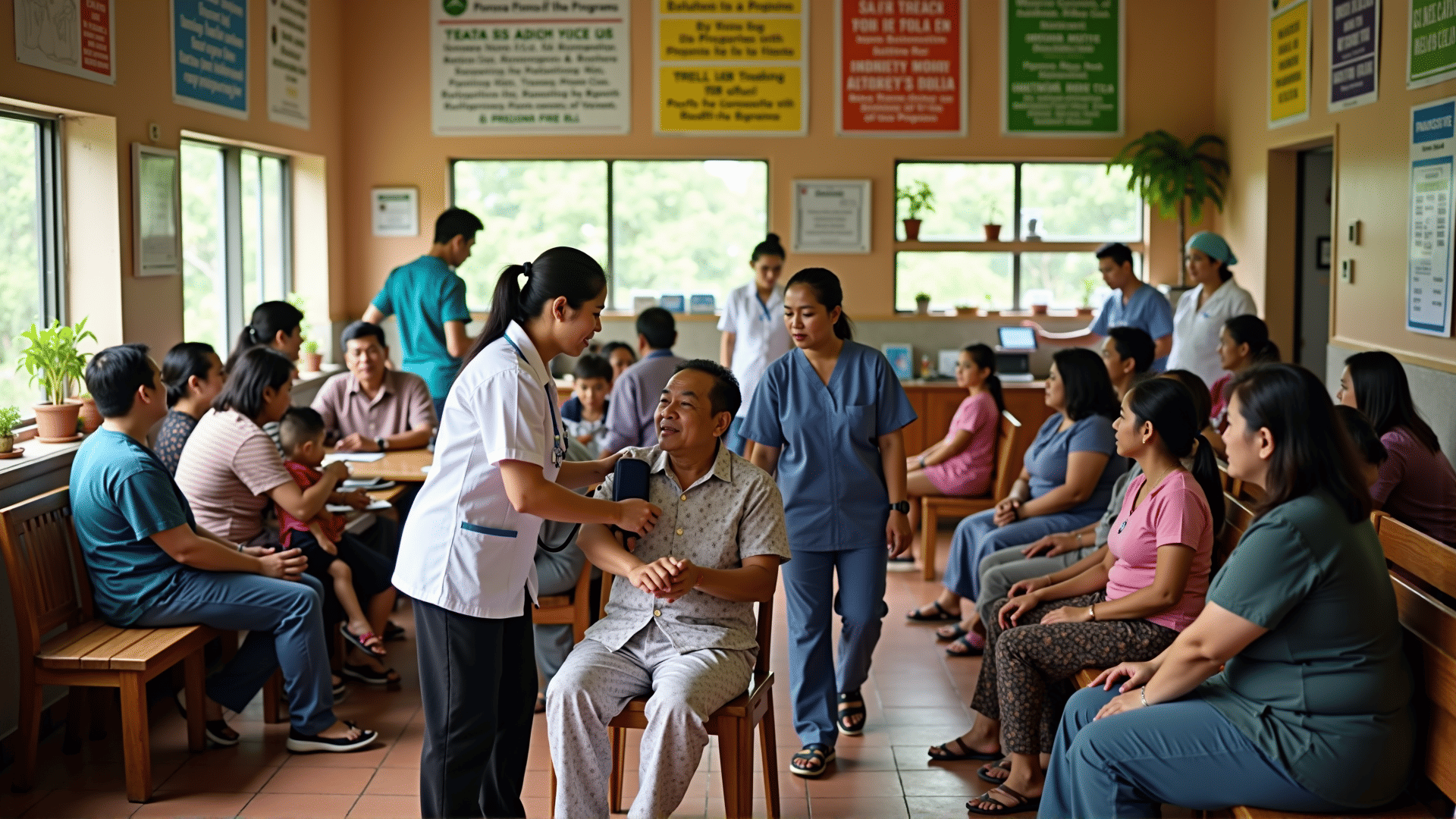Improving access to essential healthcare services in rural areas is a critical endeavor in addressing disparities in health outcomes and ensuring equitable healthcare for all. One of the most effective strategies to achieve this is by establishing community clinics and health programs tailored to the unique needs of these communities.
Rural areas often face significant challenges when it comes to healthcare access, including geographical isolation, a shortage of healthcare professionals, and limited healthcare facilities. To tackle these issues, community health initiatives can play a transformative role in enhancing the well-being of rural populations.
A vital component of these initiatives is the establishment of community clinics. These clinics serve as crucial hubs for delivering primary care, preventive services, and health education. By locating these clinics within or near rural communities, individuals can receive timely and convenient care, reducing the need for lengthy travel to distant facilities. Moreover, these clinics can foster trust and familiarity, as healthcare providers become integral parts of the community they serve.
In addition to setting up clinics, community health programs focusing on education and prevention are essential. These programs can cover a range of topics, including maternal and child health, nutrition, chronic disease management, and mental health support. By providing education and resources, community health initiatives empower individuals to take charge of their health and make informed decisions.
Mobile health units can further enhance the reach of healthcare services in remote areas. These units, often equipped with medical equipment and staffed by healthcare professionals, can travel to even the most isolated communities to deliver care. This approach ensures that no individual is left without access to essential health services due to distance or transportation barriers.
Collaboration with local leaders and organizations is another cornerstone of successful community health initiatives. By engaging with community members and understanding their specific needs and cultural nuances, health programs can be tailored to better serve the population. This partnership fosters a sense of ownership and commitment to the success of the initiatives, ultimately leading to more sustainable and impactful outcomes.
To support these efforts, it is crucial to prioritize ongoing training and development for healthcare workers. By providing opportunities for skills enhancement and ensuring that healthcare providers are well-equipped to address the unique challenges of rural healthcare delivery, we can build a robust and resilient healthcare infrastructure.
In conclusion, community health initiatives focused on establishing clinics and programs tailored to the needs of rural areas are vital in enhancing access to healthcare services. Through localized care, education, and collaboration, we can reduce health disparities and improve the overall quality of life for rural populations, ensuring that everyone has the opportunity to lead a healthy and fulfilling life.
